Since 1872 the Indian Census has been the most comprehensive and dependable source of information about the land and its people. India can take legitimate pride in having an unbroken history of census taking spanning over a century. The implementation of the five year plan, which was set in motion in 1951, called for a variety of census data inputs such as population growth and distribution, age-sex composition, literacy, labour force and work participation, urbanization and migration, at the national as well as the state and district levels. The significance of census data for the successful management of India’s pluralistic and democratic polity has been increasingly realized. The census, far from being a numerical exercise in mere head count, has emerged as a social document. The present volume, which is an outcome of a national seminar, covers a wide spectrum of themes relating to the census. These include an appraisal of economic data relating to working population, an analysis of occupational diversification and urbanization, poverty-induced migration, the aging population and its economic activities, and a review of the demographic situation of the tribal population.

Census as Social Document
In stock
Free & Quick Delivery Worldwide
reviews
Bibliographic information
Title
Census as Social Document
Author
Edition
1st ed.
Publisher
Length
245p., Tables.
Subjects

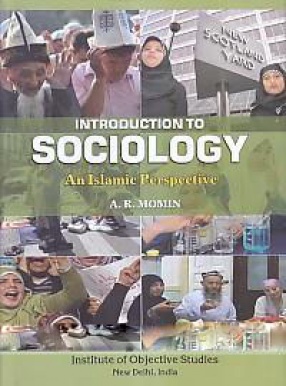
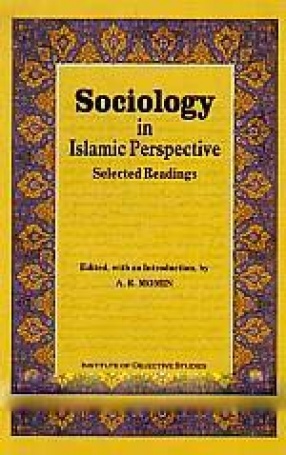
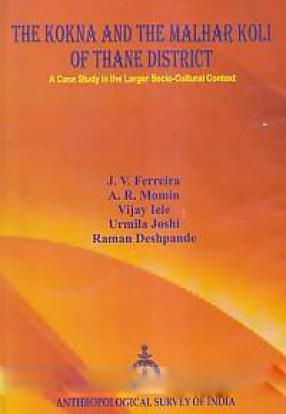
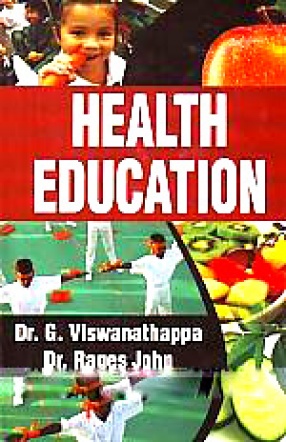
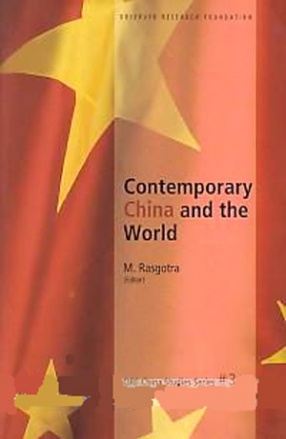
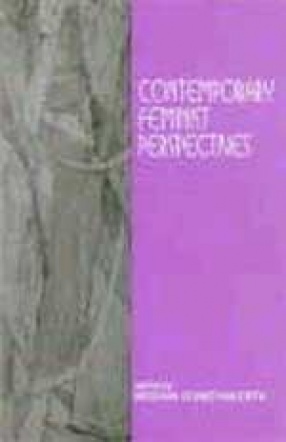
There are no reviews yet.